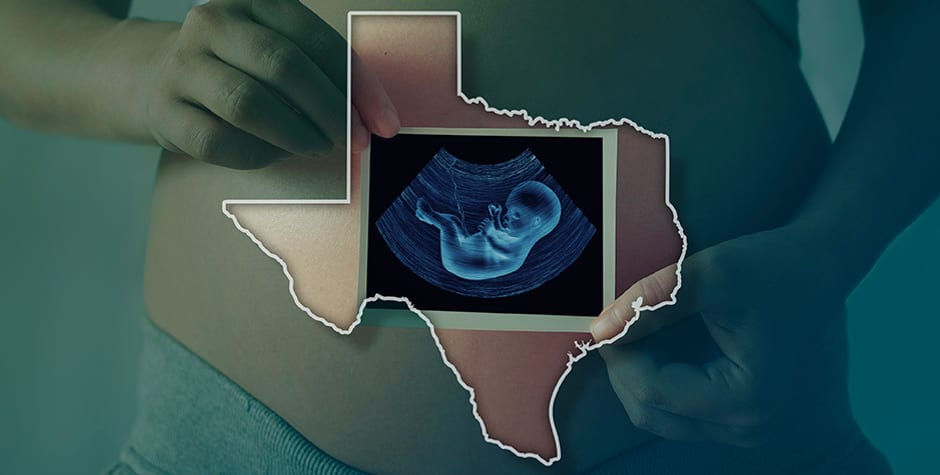Texas Supreme Court Puts Final Nail in the Coffin of Abortion Industry's Attempt To Preemptively Block Texas Abortion Ban
Recently, the Texas Supreme Court delivered a blow to pro-abortion groups seeking to enjoin enforcement of the Texas Heartbeat bill, S.B. 8. For all intents and purposes, the court’s ruling puts an end to lawsuits attempting to preemptively stop enforcement of the law.
As we’ve previously explained, the Texas Heartbeat bill law bans abortions after a baby’s heartbeat is detected. Texas cleverly structured S.B. 8, however, to ensure that abortionists couldn’t stop the law from going into effect. Instead, the law allows private citizens to enforce the law by suing abortion clinics who perform abortions that violate the law. And since the abortion clinics couldn’t predict who would sue them, they couldn’t name the right defendants in court.
As we reported earlier, the case went all the way up to the Supreme Court of the United States, and we filed a critical amicus brief urging the Court to reject the abortion providers’ claims. In Whole Woman's Health v. Jackson, the Court ruled that abortion providers could not sue various Texas government officials, including the state attorney general, state judges, and clerks of court, because those officials had no authority to enforce S.B. 8. But the Court’s majority opinion suggested that state licensing officials may play some role in enforcing the law because they “may or must take enforcement actions against the petitioners if they violate [S.B. 8].” Because the issue is ultimately an issue of state law for Texas courts to decide, however, the Supreme Court sent the case back to the Court of Appeals for the Fifth Circuit. The Fifth Circuit then asked the Texas Supreme Court to resolve the question whether state licensing officials had authority to enforce S.B. 8.
The Texas Supreme Court disagreed with the Supreme Court and held that state licensing officials did not have the power to enforce the Heartbeat bill. How could the Texas Supreme Court reach a different conclusion than the Supreme Court? Because in our federalist system, state courts are the foremost experts in interpreting state laws.
The federal courts, including the Supreme Court, do not have the final say on state law issues.
The Texas Supreme Court’s ruling put another nail in the coffin of legal challenges against the Heartbeat bill. There are still cases pending in the Texas court system challenging the constitutionality of S.B. 8, but hopefully they will be dismissed if the Supreme Court overrules Roe v. Wade this term.

